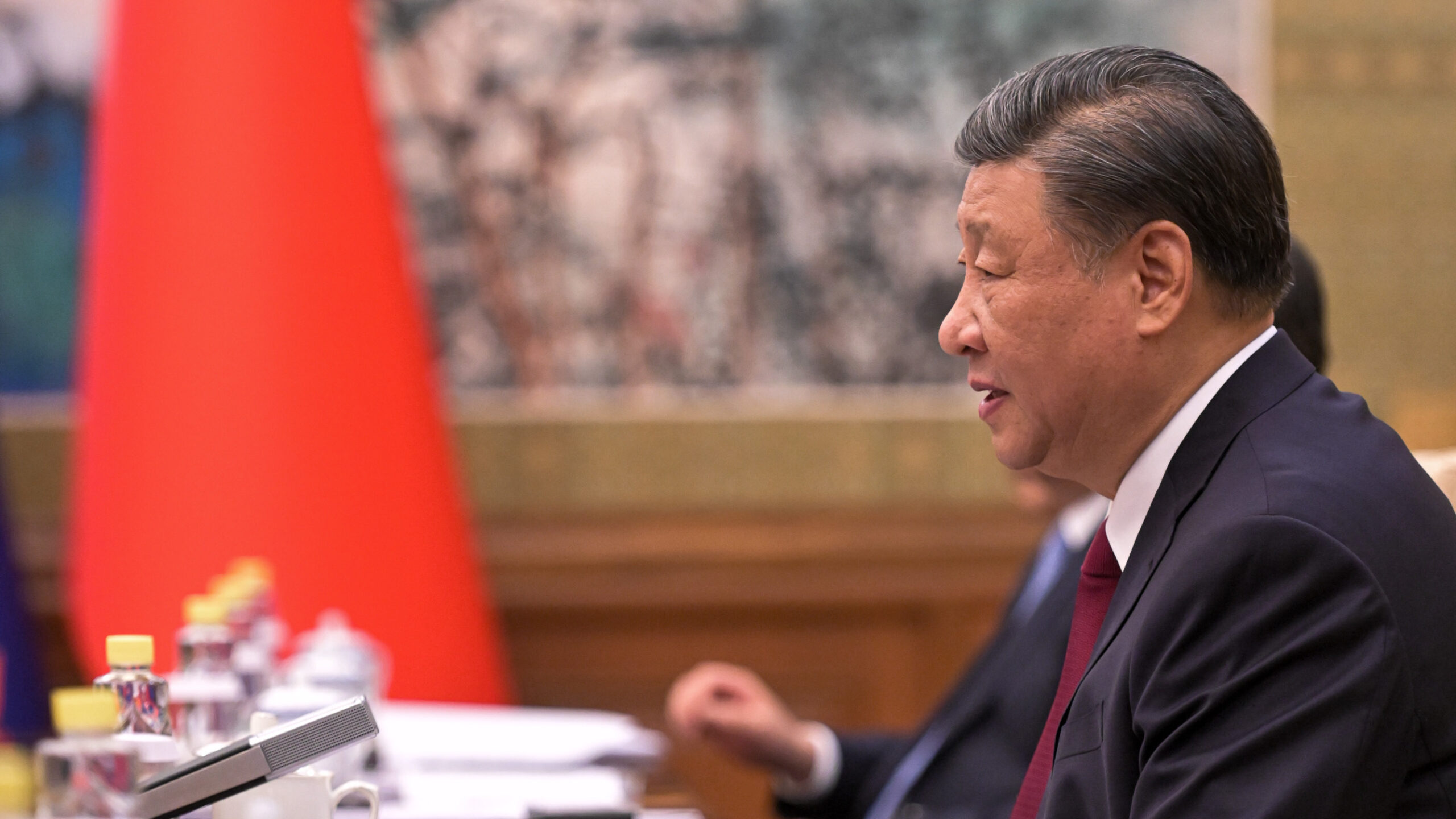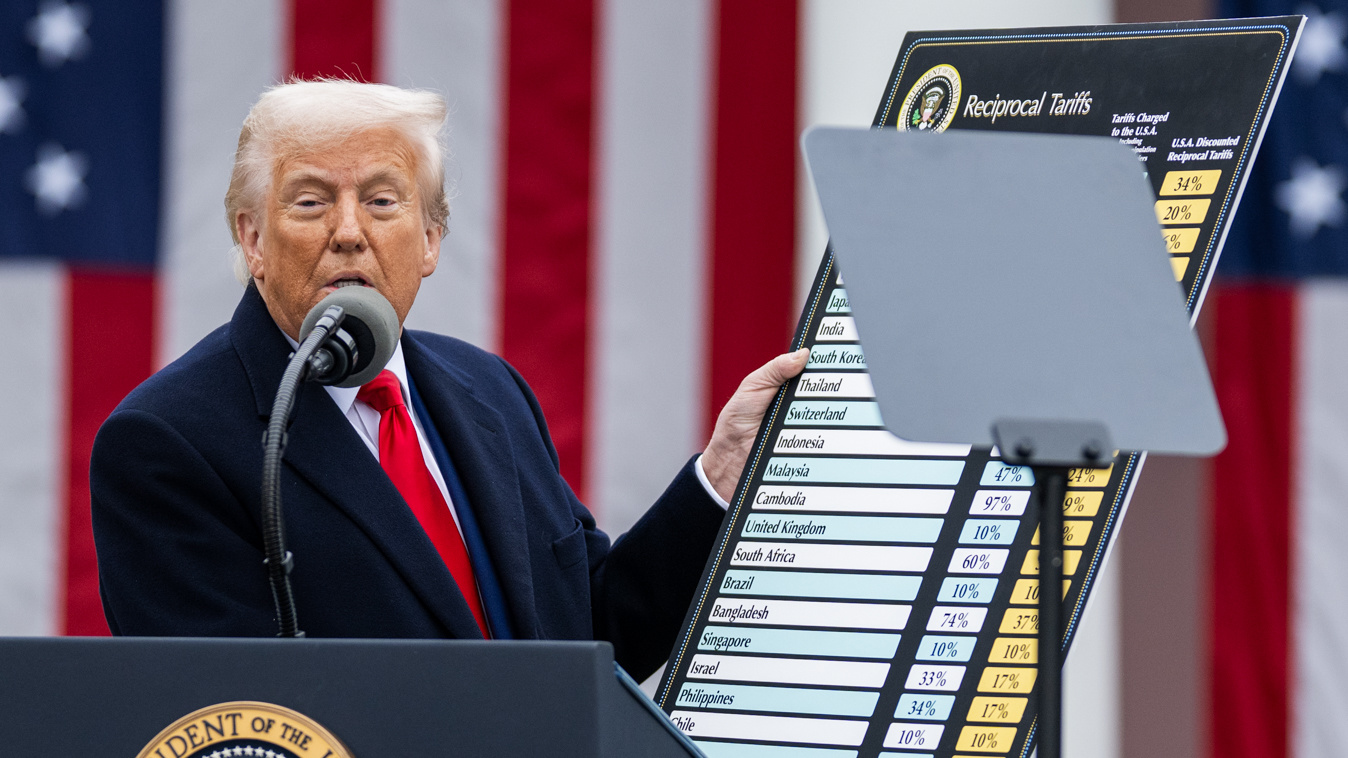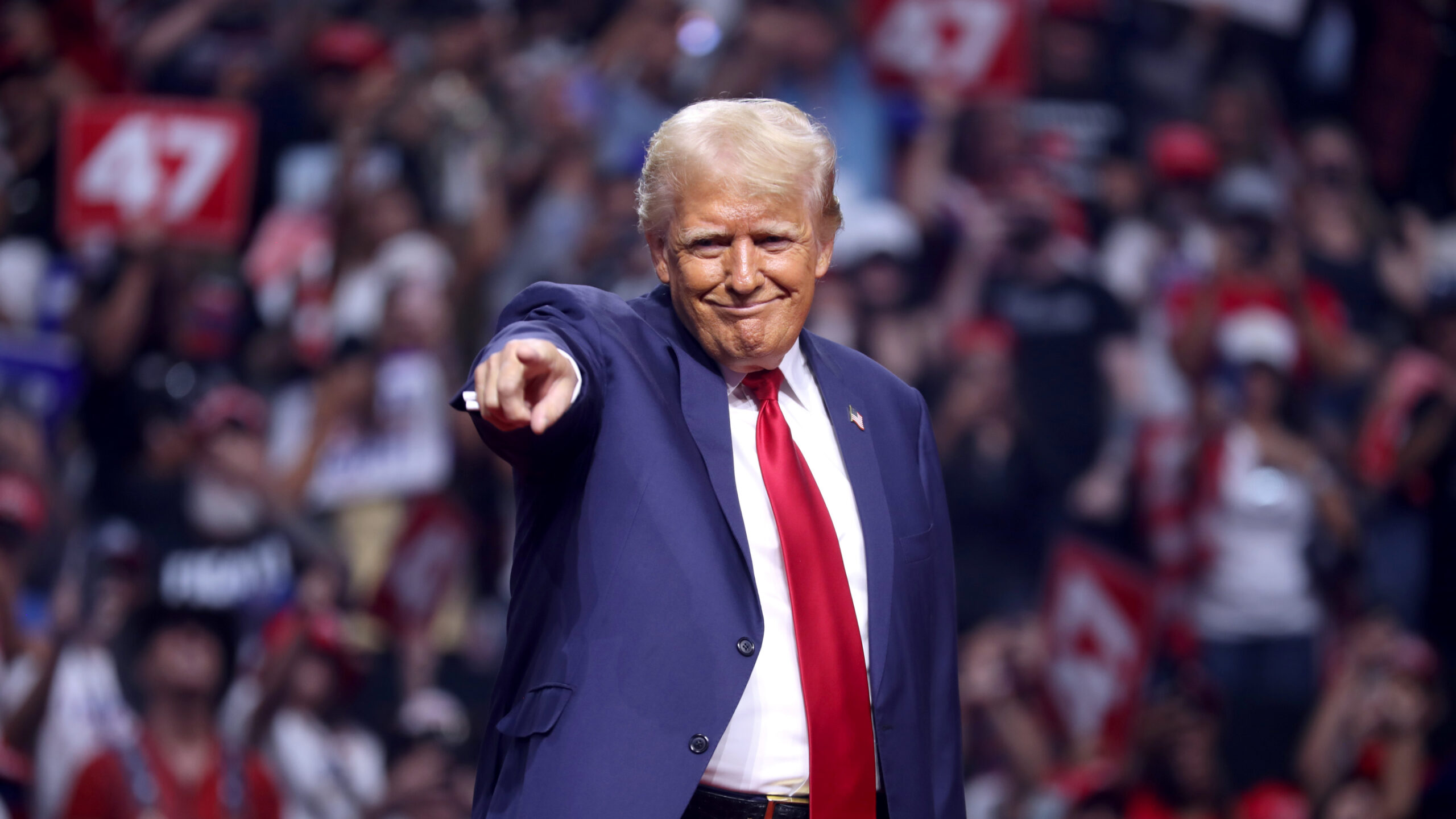“This is part of a comprehensive war against religion,” Jin said. “The Communist Party has begun to see religion as a competitor… They want all of us to pledge our loyalty to the party”
BEIJING — The services at the Zion Church were different from usual on Sunday. A lot different.
Instead of having 1,300 or so congregants pack into their usual space in northern Beijing, the members of the church walked the streets in small groups, listening to a downloaded sermon on their cellphones.
Pastor Jin Mingri was forced to disseminate his sermon this way after the Chinese authorities shut down his church a week ago, declaring it illegal.
“This is part of a comprehensive war against religion,” Jin said in an interview. “The Communist Party has begun to see religion as a competitor. It’s not just [Protestant] Christianity, but also Catholicism, Buddhism and Islam. They want all of us to pledge our loyalty to the party.”
All of the five religions officially tolerated by Chinese leaders — Buddhism, Catholicism, Daoism, Islam and Protestantism — are now experiencing draconian treatment from the government of President Xi Jinping, who has stoked nationalism and promoted loyalty to the Communist Party in ways not seen in decades.
This drive has coincided with efforts to “Sinicize” ethnic minorities and stamp out “Western” thinking.
In the western region of Xinjiang, home to a Uighur Muslim population of 13 million people, the Chinese government has imposed increasing pressures against what it calls the “ideological virus” of Islam.
Muslims are subjected to heightened religious restrictions and mass surveillance, Human Rights Watch said in a 117-page report released last week. The million or so Muslims held in mass detention centers suffer forced political indoctrination and mistreatment including torture, the report and other accounts said.
Elsewhere, Buddhist and Daoist authorities have been banned from building large religious statues or making new commercial investments.
The Shaolin Temple, the Zen Buddhist monastery famous for its kung fu monks, last month raised the Chinese flag for the first time in its 1,500-year history as part of this patriotism drive.
Christianity has come under new scrutiny since Xi’s government introduced religious regulations titled “Principles for Promoting the Chinese Christianity in China for the Next Five Years” in March.
This has brought new tensions to a decades-old standoff between the Vatican and the Communist Party, which allows only state-authorized Catholic churches and appoints its own bishops.
The Vatican and Beijing have been in discussions over a possible pact that would include Chinese acknowledgment of the pope as head of the Catholic folk in China. The Vatican, in turn, could bring some Chinese-appointed bishops into the fold.
At the same time, however, some Catholic churches have been bulldozed.
Protestant churches find themselves increasingly in the authorities’ sights. Numerous “house churches,” which operate independently of the state-controlled churches — from Guangdong in the south to Heilongjiang in the north — have been shut down.
The crackdown has been particularly intense in Henan, an area south of Beijing known for its relatively large Protestant population. There have been reports of Bibles being burned there, and videos of crosses on fire have gone viral on social media.
In the past two weeks, a total of 279 Chinese pastors have signed a public letter objecting to the new regulations, which they say include forcing churches to put up portraits of Xi and sing Communist Party songs.
Xi appears to be waging a campaign against religion because he was concerned about ideological rivalry, said Karrie Koesel, a University of Notre Dame expert on religion in China.
The Communist Party is outnumbered 4 to 1 by followers of various religions. There are about 90 million members of the Chinese Communist Party, but 70 million Christians alone, according to the Pew Research Center.
Christians make up about 5 percent of the population and Muslims less than 2 percent, while about 18 percent identify as Buddhist, according to Pew.
“Some of these groups are growing very quickly, and that makes the government very nervous,” Koesel said. “It’s not because they’re challenging the state, but the state sees religion as an existential threat. That’s why they’re increasing political education.”
The Chinese government has denied embarking on any crackdown against religion. The foreign ministry has repeatedly said that the government wants to ensure “the harmonious coexistence” of different ethnic groups and religions in China.
But civil liberties advocates say that the recent crackdown represents a worrying escalation.
“The pressure has always been there,” said Wang Yu, a human rights lawyer who was imprisoned for a year in 2015 and is a member of the Zion Church, having been baptized just last month. “It’s just that it hasn’t always been so violent or forceful,” she said.
With the closure of Zion, the largest house church in Beijing, the repression has arrived in the capital.
The problems started in March for the Zion Church, which had operated in China since 2007 and had nine locations, with about 1,600 members at its Beijing headquarters alone. Government authorities wanted the church to install 24 closed-circuit cameras. Jin objected, citing the right of his congregation to worship in private.
Then the authorities started peeling off the church’s followers at home or work one by one, putting pressure on them to stop attending the church. Some had their children ejected from school, some had their company accounts inspected, some lost their jobs, Jin said. About 400 people left the church as a result.
Earlier this month, the authorities forcibly closed it.
Authorities in the Beijing district of Chaoyang, where the church is located, said the church had broken the law by organizing illegal events and that its “illegal promotional material” had been confiscated. The church is now “legally banned,” according to a public notice posted in its entrance.
An official from Chaoyang’s religious affairs bureau did not respond to a request for comment.
When Jin returned on Tuesday to collect his belongings, he and several other church leaders were detained by the police for several hours.
Instead of holding the usual five services Sunday, Jin asked his parishioners to listen to this week’s sermon on their phones. Even with this action, Jin and his congregants are potentially setting themselves up for another confrontation.
The Chinese government this month announced tough new rules, proposing regulations tantamount to a ban on text, images, audio or video with religious messages sent through websites or apps, including instant messaging and live-streaming.
The state is not trying to “Sinicize” the church, Jin says. The church is already Sinicized because it’s full of Chinese people.
“They’re trying to ‘party-fy’ the church,” he said. “We just want to depoliticize the church.”












